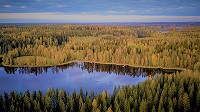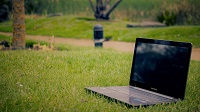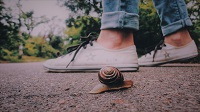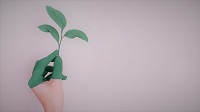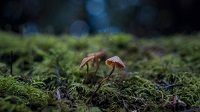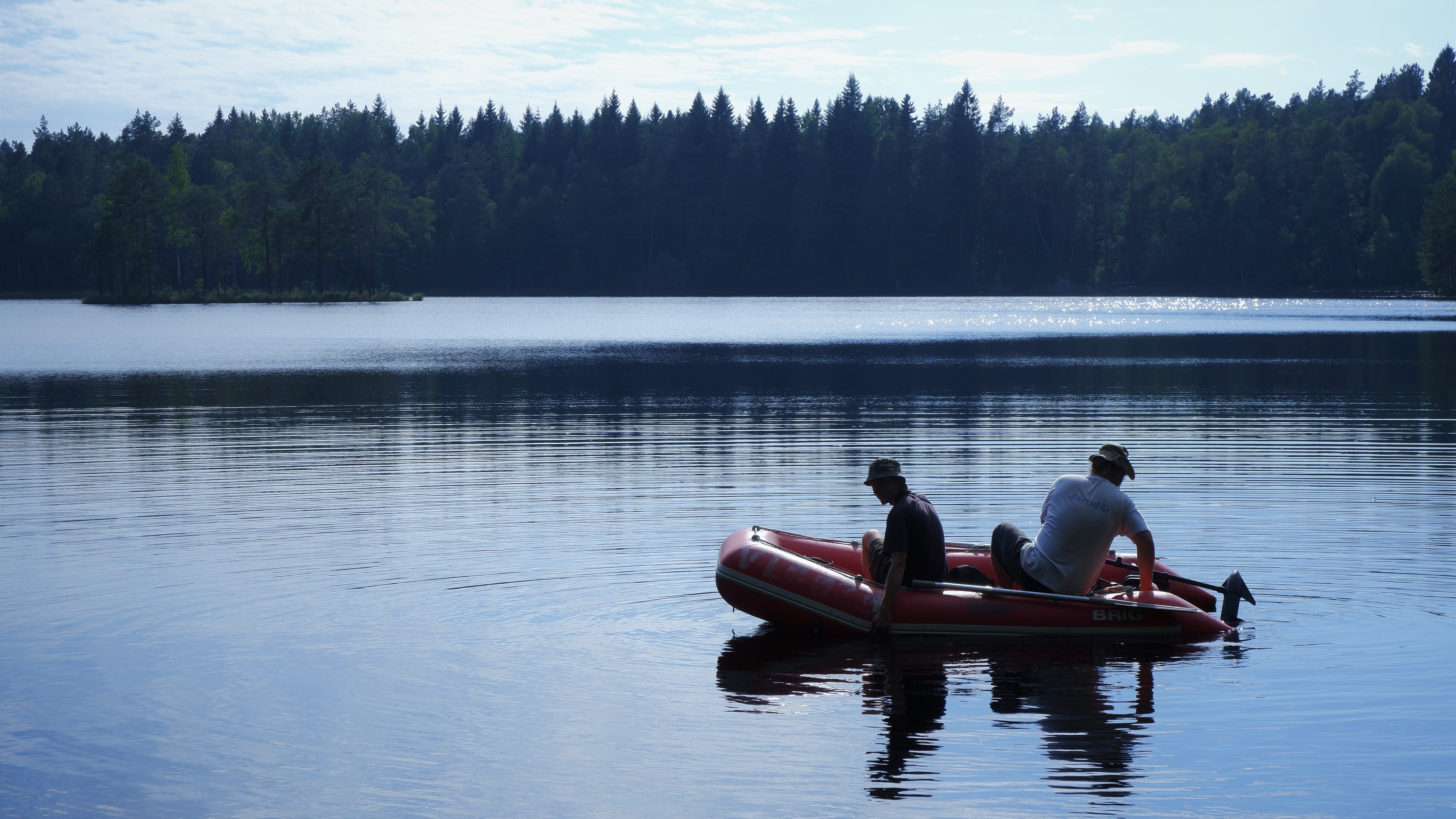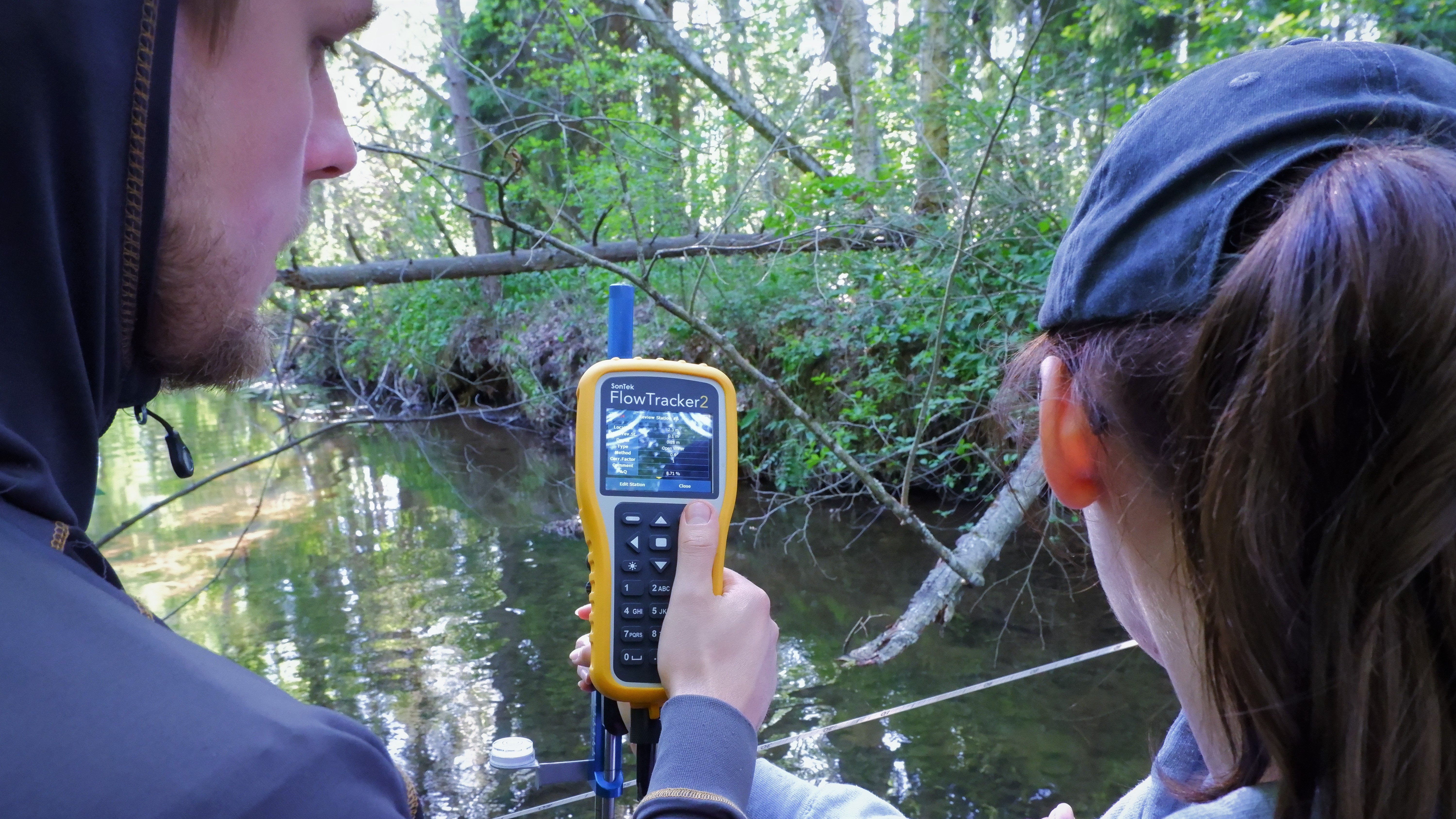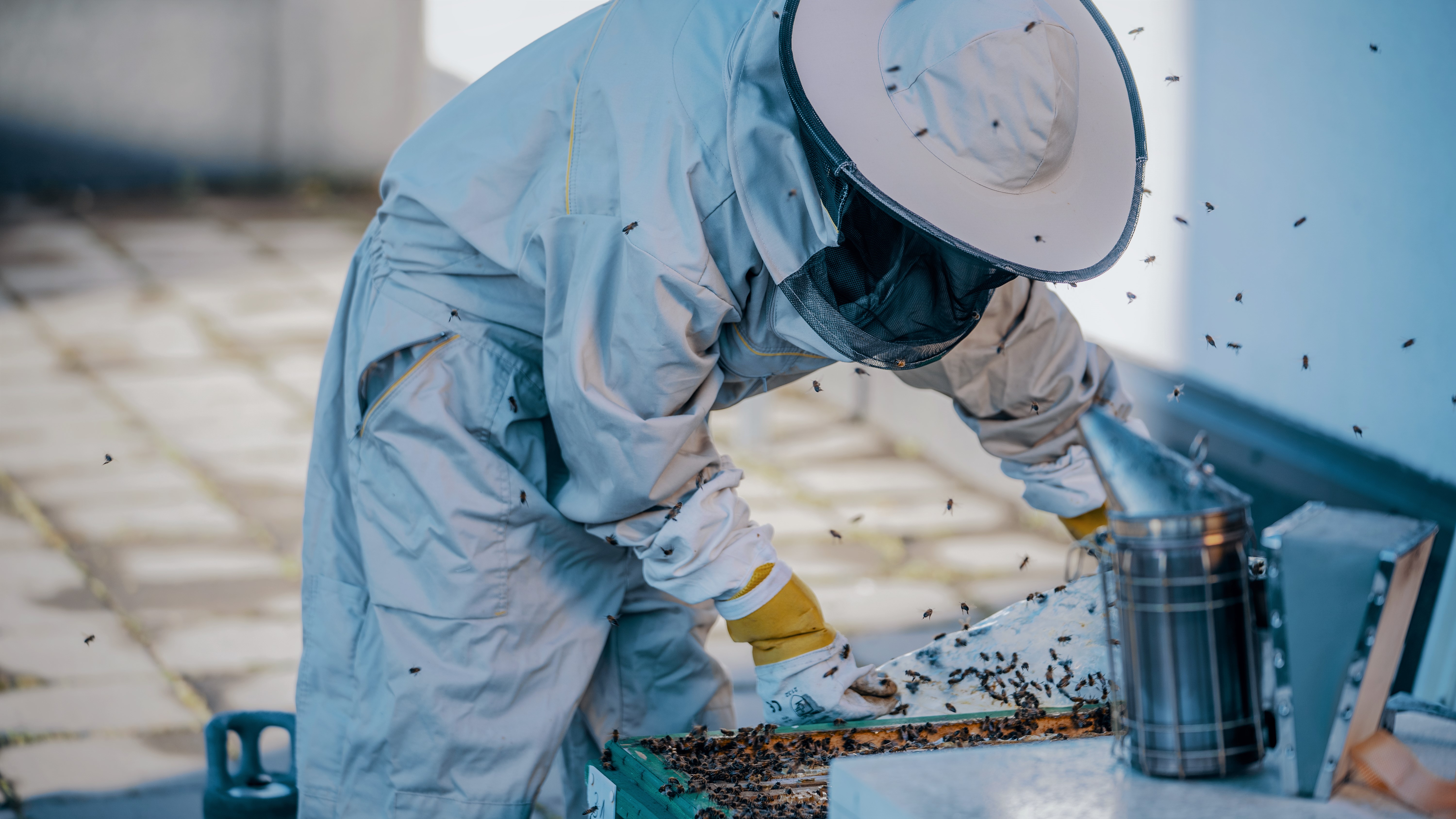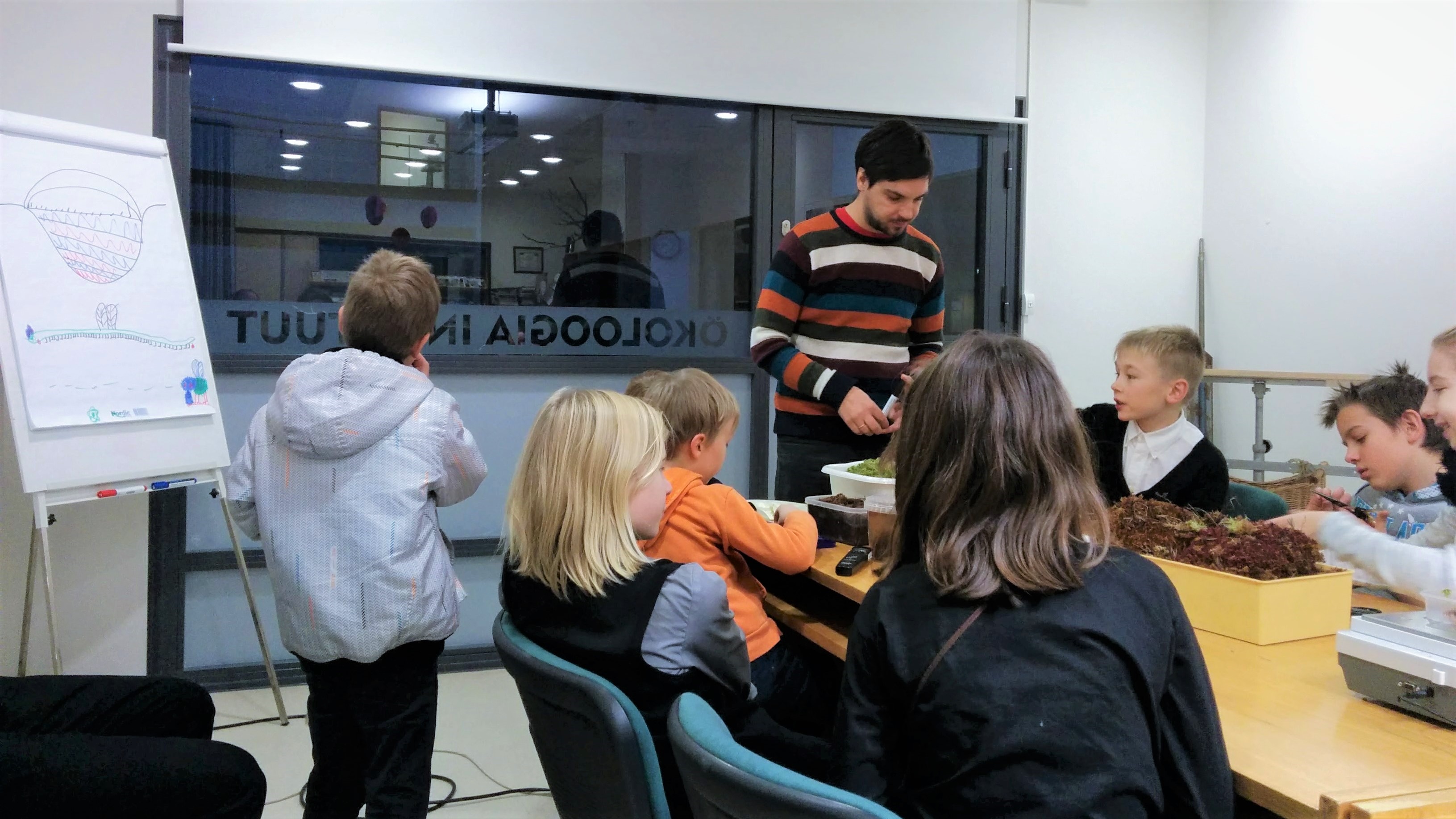Institute of Ecology
OUR STORY
The Institute of Ecology at the Tallinn University is the successor of the Institute of Ecology established in 1992. Since the foundation of the institute, our researchers have successfully focused on studying the functioning and development of water-related ecosystems and making recommendations based on this knowledge for sustainable management of natural resources. Our research areas have been lakes, rivers, coasts and peatlands, but increasingly also groundwater as a link that binds and affects these all. The aim of the research is to clarify the nature of the development and existence of different water bodies and their associated ecosystems.
The current state of the ecosystems is determined by their history and current environmental conditions. Based on this knowledge, we can predict the ongoing developmental pattern. One important factor in shaping our ecosystems is human activity, with its positive and negative consequences.
Improving the state of ecosystems depends not only on scientists but also on the level of natural science competence in our society, ministries and companies, their ability comprehensively address environmental issues important for Estonia and the world. Therefore the Institute of Ecology has been actively contributing to higher education in natural sciences and environmental education in general since the early years of the institute's establishment. We are contributing to the science-based management of our ecosystems, their restoration and the rational use of resources. Building a sustainable society in which human activity fits into the natural environment in all its forms requires integrated collaboration with other academic disciplines.
Thanks to the interdisciplinarity of the Tallinn University, we have good cooperation with scientists in education, psychology, digital technologies, communication, politics, history and art. Through that we can explore and find new perspectives to use our knowledge to make the world a better place and to make people more aware of the environment and sustainable development.
FOR INTERESTED PARTIES
Estonia is rich in wetlands. A big share of the territory is covered by inland waters and various wetlands. Thus, water determines the nature and course of the processes in our ecosystems.
On the basis of the accumulated knowledge in the Institute of Ecology:
- we have a better understanding of the functioning and development of ecosystems in the past and present, and the trends in the future,
- we have better skills to deal with impacts of human activities on ecosystems and landscapes,
- we are able to develop various research methods in our field,
- we can contribute to the conservation and restoration of ecosystems,
The level of education in the field of natural sciences in Estonia is considered to be quite good but the use of this knowledge in everyday life is low or absent. Therefore the Institute of Ecology:
- actively participates fully in the transfer of research results to a different audience,
- develops effective teaching methods and teaching aids,
- shapes and develops a sustainable worldview.
TO THE ENTREPRENEUR / DECISION MAKER
Researchers at the Institute of Ecology offer solutions to problems and developments related to the management of water-related ecosystems. We advise the decision-makers in the field of natural resources management and help to solve existing environmental problems. Our research objects are terrestrial wetlands, incl. peatlands, lakes, coasts, rivers and groundwater. If necessary, we involve other specialists from Tallinn University and other partners to solve multifaceted problems. We have modern laboratories and fieldwork equipment for conducting research and analysis.
Keywords: GIS, geophysical surveys (GPR), drones, (honey) pollen, environmental indication (e.g. siliceous algae analysis), monitoring planning and conducting, vegetation surveys, hydrological measurements and certified water sampling, sediment, soil and peat analysis, shoreline change shore destruction studies, nature tourism and nature trails, management planning, use of mineral resources, water management.
FOR TEACHER / CHILDREN
Researchers at the Institute of Ecology offer to schools a variety of opportunities to collaborate and jointly promote science. Our strength is the knowledge on water-related ecosystems and their development and all related topics, from climate change to sustainable development, application of modern learning methods.
There are opportunities for cooperation in several directions.
Supervision of student work, internship opportunities - students can get involved in our laboratory or fieldwork and participate in various ongoing research projects, and carry out their own research in cooperation. We offer an opportunity to get acquainted and be a researcher's “shadow” in daily work in order to get a better idea of the options and bottlenecks of the career in science.
Opportunities for conducting school lessons - we help to make science lessons more attractive by bringing the latest knowledge on ecosystems, biodiversity, climate change, sustainable development and other topics. We introduce our activities and offer the opportunity to visit laboratories.
Training for teachers - we offer many different training opportunities - topics related to ecosystems based on our research directions; topics related to education for sustainable development; Anthropocene and global problems; how to conduct research; how to explain basic science in an attractive way and how to cover and connect different topics.
FOR STUDENTS
The researchers of the Institute of Ecology offer research topics and internship opportunities (laboratory, fieldwork) to all students interested in ecology, hydrology, environment, sustainable development, environmental education, communication, etc. We encourage students to get involved in the implementation of projects by helping to collect or analyse the data and thereby contribute to the solving of the real-world scientific or applied questions with your bachelor's or master's thesis.
TO SOCIETY
The Institute of Ecology is a research and development institution where researchers work with water-related ecosystems, i.e. terrestrial wetlands including peatlands, lakes, coasts, rivers and groundwater. We study processes that take place in ecosystems in different spatio-temporal scales and apply the acquired knowledge in solving issues related to the sustainable management and protection of ecosystems.
Keywords: environmental ecology, landscape and urban ecology, ecosystem restoration, ecosystem services, nature-based solutions, human impact, climate change, carbon and water, palaeoecology, environmental communication, environmental education, honey research.
PROVIDED SERVICES
Researchers at the Institute of Ecology offer solutions to problems and developments in water-related ecosystems. We advise management of natural resources and help to solve existing environmental problems. The fields of research ar:e terrestrial wetlands incl. peatlands, lakes, coasts, rivers and groundwater. If necessary, we involve other specialists from Tallinn University and our other partners to solve multifaceted problems. We have modern laboratories and fieldwork equipment for all kinds of environmental research and analysis.
Field surveys and sampling in different fields. Various devices can be used (e.g. geophysical measurements and large-scale mapping, drone surveys, surveys of the aquatic environment.
Geophysical surveys - surveys to solve multifaceted problems using a wide range of instruments like GPR, ADP, RTK-GPS, Chirp, Boomer.
Using Georadar (GPR) - this is a device that can be used to look into the ground, wall or floor and get clarity about the interior of the objects under study without destroying the object. Suitable for pre-construction survey to determine the properties of the soil or the location of previous buildings, buried ships or pipelines. For more information, please contact: Hannes Tõnisson, e-mail: hannes.tonisson@tlu.ee
With multi-beam sonar (ADP) - designed for a variety of water research purposes. You can precisely map the bottom of water bodies for various development activities, to determine the water volume or simply to create an accurate map. The measurement can be combined with georadar and other equipment to get an overview of the thickness and location of the sediment. ADP can also be used to measure the flow of large rivers. For more information, please contact: Egert Vandel, e-mail: egert.vandel@tlu.ee
Landscape mapping, GIS analysis - large-scale mapping of landscape and vegetation using drones and a DGPS device. Detection of hard-to-reach objects (e.g. beaver dams). For more information, please contact: Raimo Pajula, e-mail: raimo.pajula@tlu.ee
Surface and groundwater research - complex research of surface and groundwater dynamics and chemistry. Planning and conducting of monitoring, hydrometric measurements, delineating recharge areas (tracing tests), identification of groundwater-dependent ecosystems, protection of water bodies and preparation of management plans. Surface and groundwater sampling and chemical analysis - major ion composition, compliance with requirements. For more information, please contact: Oliver Koit, e-mail: oliver.koit@tlu.ee
Soil analyses - analysis of soil and sediment composition. For more information, please contact: Galina Kapanen, e-mail: galina.kapanen@tlu.ee
Biota surveys - ecosystem status, vegetation analyses (drone), aquatic biota surveys. For more information, please contact: Martin Küttim, e-mail: martin.kuttim@tlu.ee
Rehabilitation of water bodies - principles of construction and management of (artificial) water bodies, preparation of condition assessment, determination of water and sediment composition. Use of sediments deposited in water bodies and uptake of nutrients. For more information, please contact: Tiit Vaasma, e-mail: tiit.vaasma@tlu.ee
Peatland restoration - the ecological restoration of mires (hydrologic functioning and vegetation). For more information, please contact: Mati Ilomets, e-mail: mati.ilomets@tlu.ee
Honey research - by analyzing the pollen content of honey, it is possible to describe the botanical and geographical origin of honey. The method is based on the size, shape and structure of pollen that is species-specific and identified under the microscope. For more information, please contact: Liisa Puusepp, e-mail: liisa.puusepp@tlu.ee
Digital learning and information trails outdoors (www.avastusrada.ee) - Avastusrada is an application running in the web browser of a smart device, with the help of which you can create interactive hiking and adventure trails that can be walked outdoors. The versatility of the solution allows the discovery path to be applied in a wide range of fields: from education to tourism development and scientific applications. For more information, please contact: Jaanus Terasmaa, e-mail: jaanus.terasmaa@tlu.ee
Implementation of sustainable development goals in business - mapping of the company's activities and strategic reorganization based on the goals of sustainable development. Research shows that sustainable corporate restructuring is a strategic inevitability. The entry of new generations into economic life has changed the current market behaviour. Companies that do not follow the principles of sustainability lose both the employees and customers. The way out is to reshape our activities based on the goals of sustainable development, to make our activities more supportive for them and take public responsibility for the fulfilment of some goals. We can help you to get there. For more information, please contact: Mihkel Kangur, e-mail: mihkel.kangur@tlu.ee
Consultations onshore processes – ignoring the nature of shore processes in coastal construction may lead to undesirable consequences. For instance, adverse changes including intensive coastal destruction may occur within the limits of harbours and waterways but also in neighbouring areas. Correct decisions should be based on the fundamentals of long-term sediment (sand, gravel) transport, accumulation and overall coastal evolution. Shoreline changes due to increasing storminess should also be considered. Our researchers have obtained relevant knowledge for many decades. We are ready to participate in the process of working out scientifically sound plans for sustainable use of the Estonian seashores. For more information, please contact: Kaarel Orviku, e-mail: kaarel.orviku@gmail.com, or Kadri Vilumaa, e-mail: kadri.vilumaa@tlu.ee

